Chef’s Table Season 3: An interview with Tim Raue
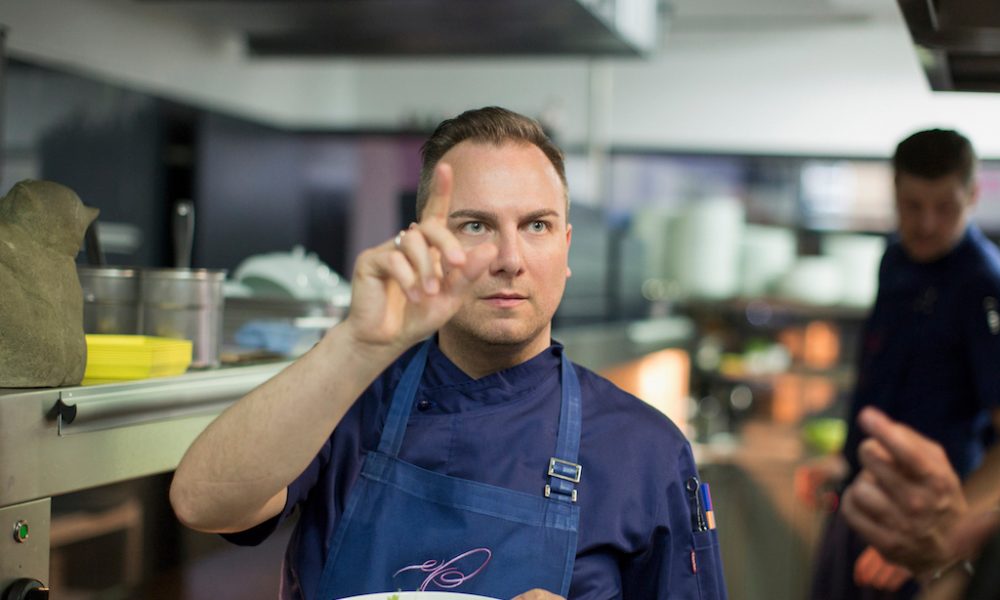
Tim Raue embodies provocation through and through. He runs a tight ship in his kitchen and has no problem using a little Berliner schnauze to get his point across bluntly. Seemingly against all odds, he went on to revolutionise the face of German fine-dining by bringing in Asian influences to the cuisine and deconstructing overdone dining experiences to epitomise Berlin-cool. We caught up with Tim Raue in Berlin after a Chef’s Table Season 3 screening to chat with him about his ego, his food, and his tumultuous journey to the top.
What did you think of your episode? Do you feel like you were portrayed accurately?
(Laughs) That’s a tough question to start with. No to be honest, when I saw the episode the first time, I missed a lot because when you have 11 days of shooting, from the morning until the evening, you do so many things where the camera is with you and when you see the episode there are a lot of things cut out. But the main thing, the guideline you can see is that Abigail Fuller, the director, saw me as a chef who has a lot of tension, power, a straight-going way…seeing targets and trying to get those targets in time. And that’s absolutely me. I was missing a bit of the charming side I have.
That’s very fair. One of the first things you mention about yourself is that you have a bit of an egocentric attitude. Do you feel that that is perhaps what has gotten you this far?
You know, after that very bad childhood, being abused and being in the gang, it was like I was building a wall around me to protect myself, to protect my soul. And later on that gave me the ability to create my own universe, which is what it means to be egocentric. I’m absolutely the centrepoint of my life. I am controlling my entire life. And that had nothing to do with being arrogant or things like that, it’s just that I’m so focused since I started cooking at the age of 17 and I’m now 42. Since 25 years I was just focused on getting better and better with each day, getting successful. Without being focused on absolutely just that, it was impossible. I didn’t go to the cinema for 20 years, I don’t know how it is to meet friends in the evening, I went four or five times in a club in my entire life. I don’t go out, I drink alcohol just one day per week, I don’t smoke, I don’t drink coffee. I try to live as good as I can. The energy I need to live is deep-fried Asian food, that’s the reason for my shape, but this is what I’m really addicted to, what I love, and where my passion is outside of being in the kitchen and being a chef.
So I know that visiting Asia for the first time was a huge influence for you. Do you recommend everyone travel like that?
I think everything in my life is very subjective and I can only recommend that people go to Asia because the idea they have about food and going out and dining is that it’s a social component. You don’t walk out like a couple if it’s not Valentine’s Day or a special occasion. You go as a table of six, eight, ten, everyone is ordering his favourite dish and shares it with the others and tells the story of why he loves it. I grew up with the French idea of fine dining: sitting as a couple, “shut the f**k up”, very stuffy atmosphere, someone came to tell you what to drink, what to eat. And then I came to a hawkers stall in Singapore and everything was sharing, it was open, it was very social, and I fell totally in love. Especially with Asian food for me, it’s the flavours. I love the flavours. My favourite is Thailand because in Thailand you have the mix of ripe fruits, so the sweetness is natural. They use citrus fruits, so you have acidity and a little spiciness and with nearly every dish you have a roller coaster ride of flavours. And I’m a flavour chef, you know. I’m not about techniques. I’m not the one who’s inventing new things. I’m just about flavours. If you saw my dishes, they look very, very delicate, feminine, fine; but they have bold flavours. It’s really ass-kicking.
And what’s the dish you’re most proud of?
It’s the reinterpretation of a contemporary Cantonese classic. The dish is originally called wasabi prawns and we serve it as wasabi langoustine. I started to substitute the prawn, the cheap prawn, to the very juicy and very great langoustine. We made the dish crispier, we did a Thai vinaigrette instead of fresh fruits; we really make it everything in one single dish. You have different textures: it is cold, it is hot, it is crispy, it is crunchy, it is creamy, it is sweet, spicy, herby, everything is in. And it overpowers your palate. It really blows you away.
After you had the first Michelin star with your restaurant, what compelled you to change things around? Why not stick with something that was obviously working?
After we gained the first star I was sure that we got it for a kind of cooking that is not properly great. I was still on the way up. But I was sure that there was not a clear line and, still today, I’m thinking about what I have to change to stay on that level. And that’s tough. I have to change things because, if not, it gets boring. Even for the staff who’re working with me. I’m a pain in the ass, be sure, with everything I do.
But that’s good that you have this really unshaken sense of confidence. Where do you get that?
Drugs. (laughs) No, the self-confidence was a long way for me to go. What I did over two decades is I reflect with yoga, with Buddhism… I tried so many ways to clarify for myself: who am I, what am I? For me it’s more about, I had the chance to create myself than to be just what I am because it’s given by God, or whomever. I was sure at the age of 17, I step now out into the world and it’s up to me how I handle it every day, how I create myself. And this is what I’m still doing.
So, what’s next for you after this episode? Are you going to be doing…?
I must say that 2016/2017 is absolutely the peak of my life. I became part of the 50 best restaurants in the world, which means for a restaurant, instead of being packed for two weeks it’s now three to four months in advance. I got Netflix and nearly every chef I know was texting me saying, “What the f**k! How did you get that? Make me the connection, we want to go there!”. So what could be next could be a third Michelin star but I know I will never get that because they mentioned I would have to cook with more harmony. I think the future in the next weeks for me is to calm down, to have a consistent performance in the restaurant, and to make sure that no one around me thinks that we’re really the greatest because this is something that really can bring you down very, very, very fast. So for me it’s, like, be self-confident but reflect on yourself every day and try to do better.
Wow. That’s phenomenal. It sounds like a shift from the go-too-far attitude, which is how you’re portrayed in the show. Do you feel comfortable with this more even-keeled version of yourself?
Of course. I feel comfortable every day and if not, I change it.
Zoe Tamara
Chef’s Table Season 3 is available exclusively on Netflix from 17th February 2017.
For further information about the 67th Berlin Film Festival visit here.
Read more reviews from the festival here.
Watch the trailer for Chef’s Table Season 3 here:


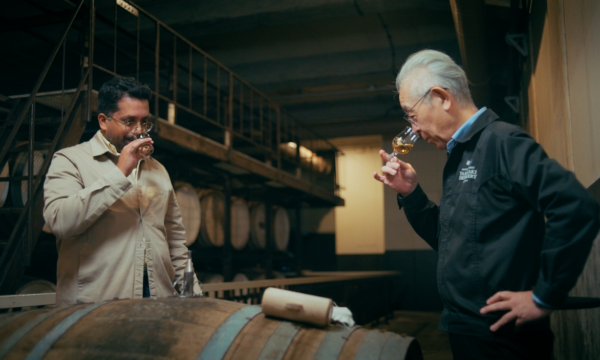
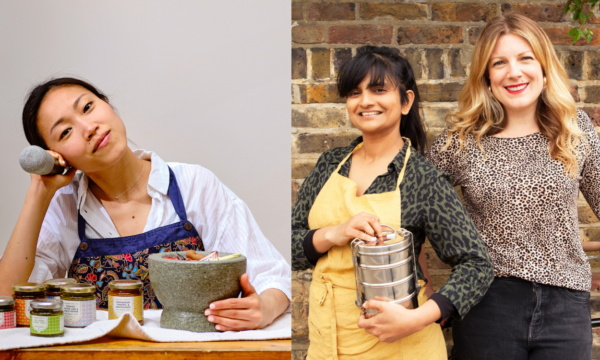
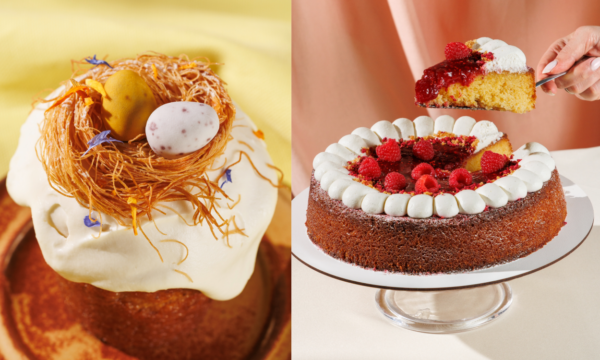
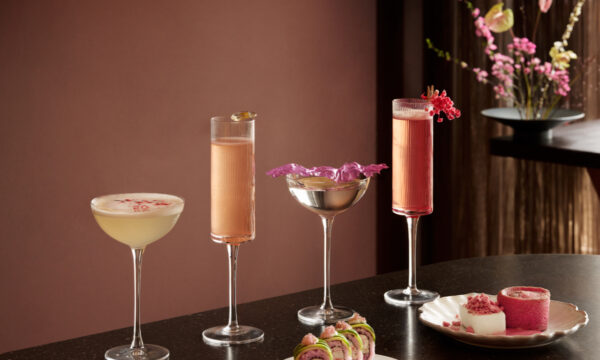
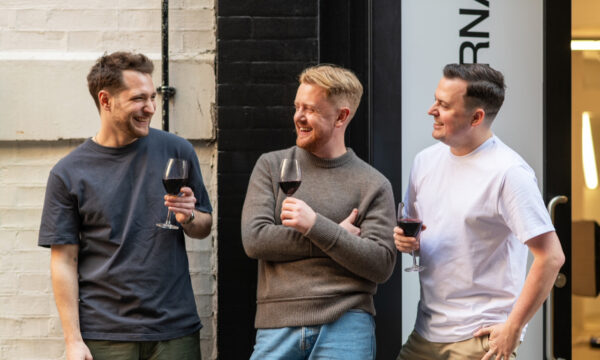
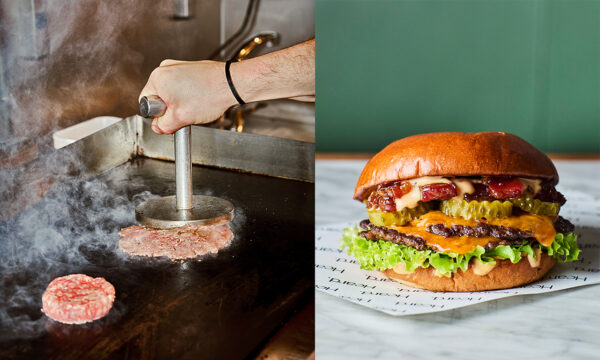
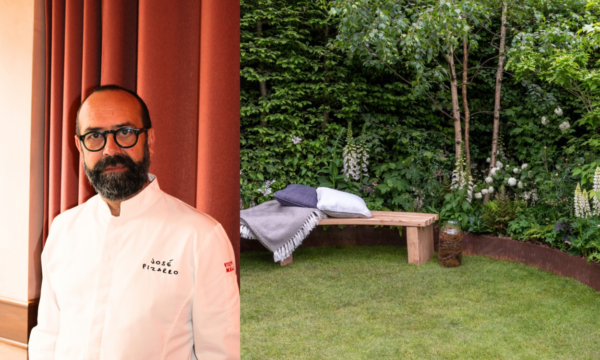
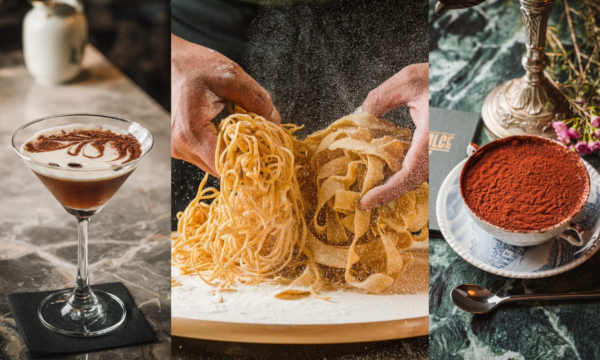
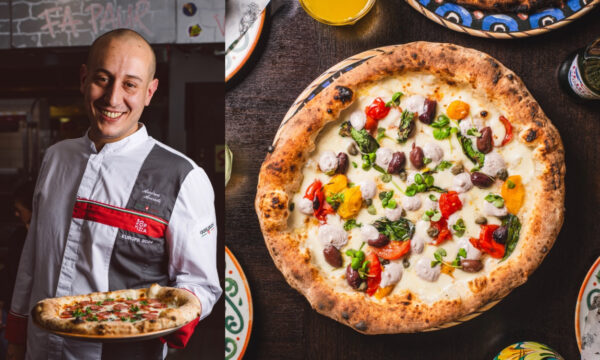










Facebook
Twitter
Instagram
YouTube
RSS